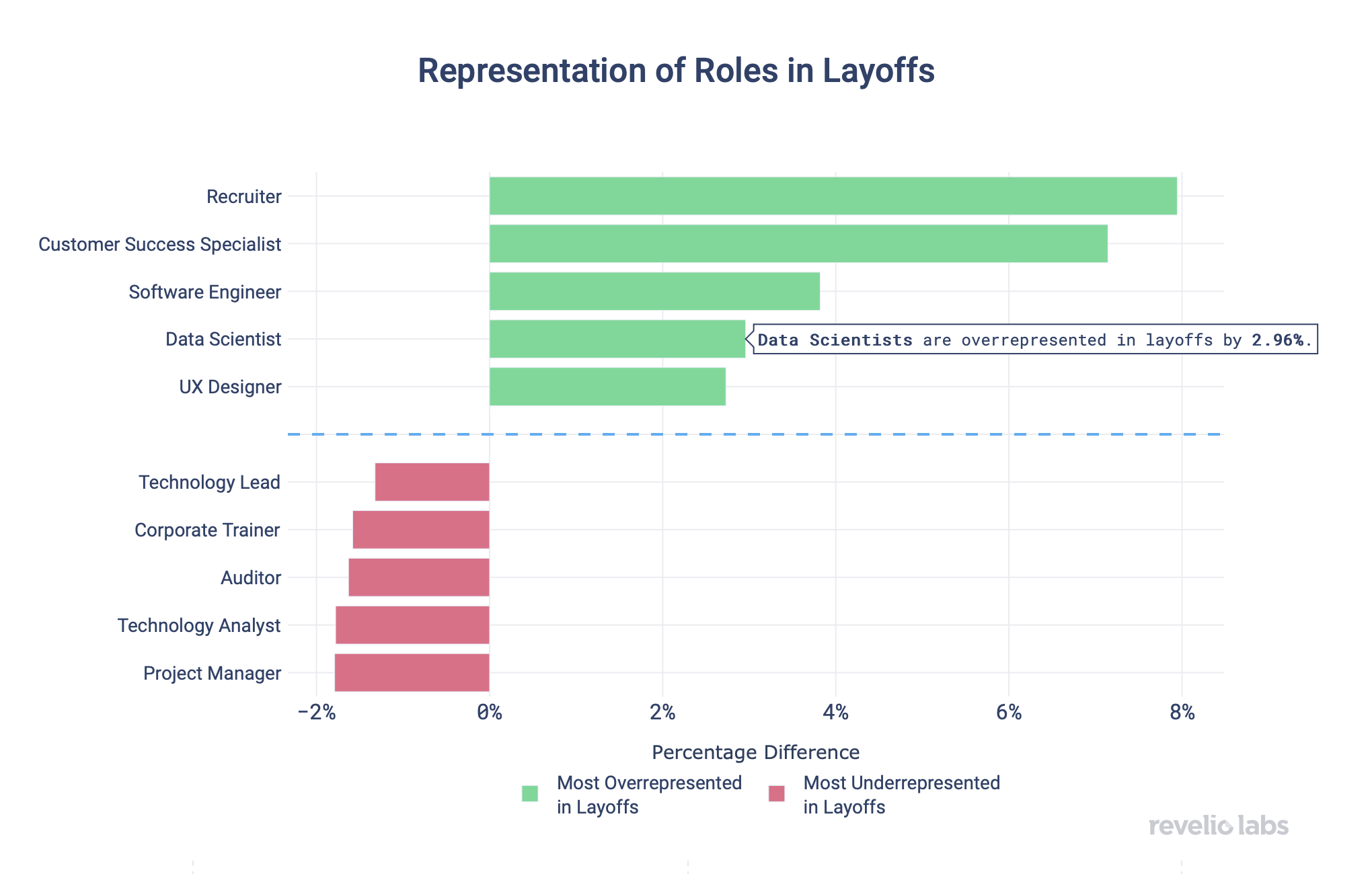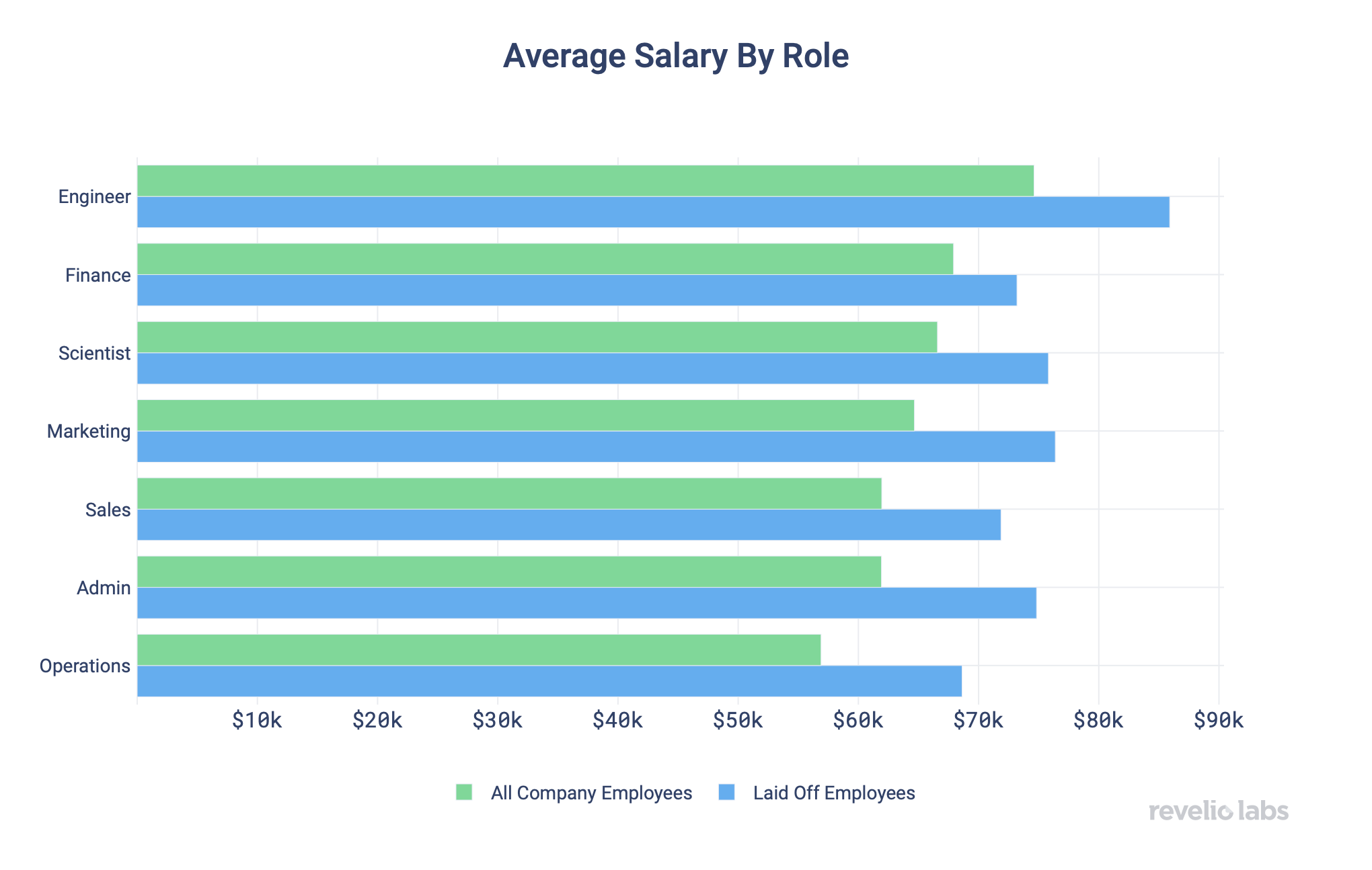How to Coast with Corporate Camouflage
In this era of abundance, multinationals have become a dominant species on our pale blue dot. As inequality grows, workplace parasitism becomes a winning strategy for large swaths of the population.
The masses are quietly discovering that output is not rewarded proportionally to effort. The Solow paradox shows that productivity in developed countries is not tracking IT growth.
In response, people are learning to extract wages from employers while expending minimal time and energy.
corporate camouflage
noun. the art of becoming invisible in a large organization
"Have you seen Brian? Seems like he's been engaging in some corporate camouflage recently."
"I employed corporate camouflage to work less than 15 hours this month!"
B*llshit jobs are appealing, but generally dead-ends. Corporate immune systems hunt for BS jobs during crunch periods and economic downturns.
"Looking busy" is inadequate. Induced demand causes busy people to attract more work.
To engage in long-term corporate camouflage, be (1) essential, (2) "busy", and (3) predictable.
1. Survive Layoffs
To avoid career interruptions, choose roles and industries that are protected from layoffs.
Within your organization, hitch yourself to projects that "keep the lights on". Pair with people who touch primary revenue streams.
Once you've accrued some career captial, keep your bus factor as low as possible without drawing attention. Quietly obstruct the interview process for competing roles wherever possible.
2. Skirt Work

Grunt work is foisted upon generalists. Establish yourself as an inflexible expert. Choose a narrow domain and claim ignorance whenever possible. Peers will eventually avoid asking you for help.
Create an ambient paper trail of activity. Occasionally produce reports on numbers that nobody cares about. Send your reports to a limited number of people so you can mention that you're "working on something for Alice and Bob" if needed.
Assign yourself easy work. Manufacture problems and improvements that you know how to solve. Make tools to solve recurring problems without incurring too much automation debt. Under no circumstances should you ever share your automations.
Strategically employ loss aversion. Resist assignments from your superiors by stating tradeoffs: "Sure, I can help with Y, but that means X will be delayed by 3 days. Does that sound okay?"
Icarus famously flew too near the sun above, but was also warned against flying too close to the sea below. Performing 4-5 hours of "real work" per week can maintain a sense of purpose and stave off imposter syndrome.
3. Avoid Detection
[
- Maintain copious work logs; note your positive contributions. Ace your performance reviews with solid documentation. Management avoids firing people with paper trails.
- Never volunteer.
- When cornered, agree with everybody: "Wow, both sound like solid options to me".
- Don't flaunt your minimal workload. Avoid taking visible breaks.
- Never contribute ideas (unless they'll make your life significantly easier).
- Don't be creepy. Never incur the ire of HR.
- Avoid asking for raises; live frugally instead.
- Attend required meetings; skip optional meetings. Never be late to anything.
- Never drink alcohol with coworkers. Stay at your company for a long time, not a good time.


